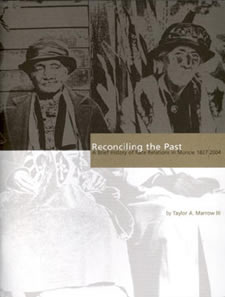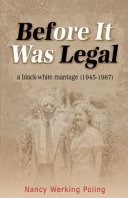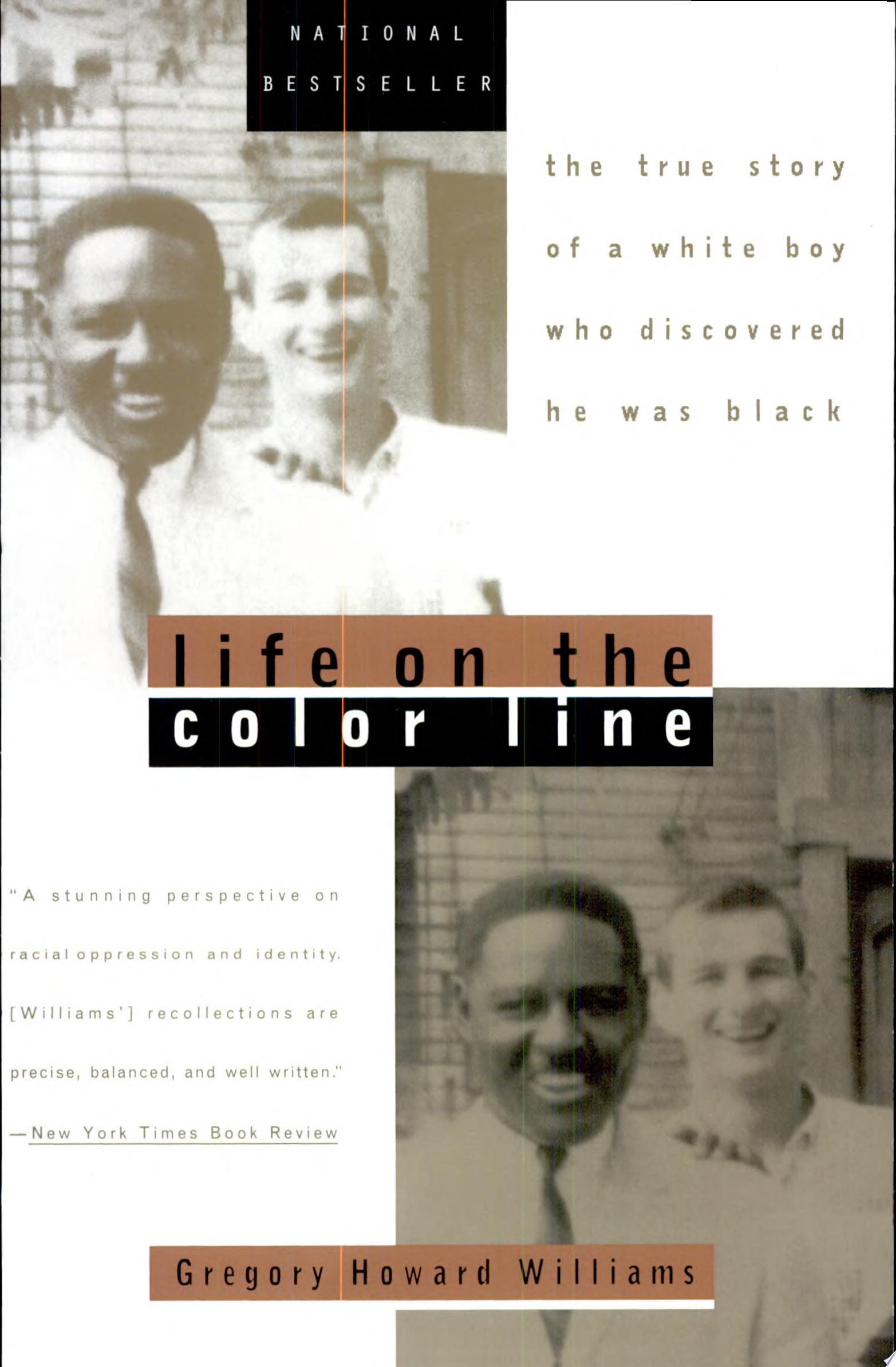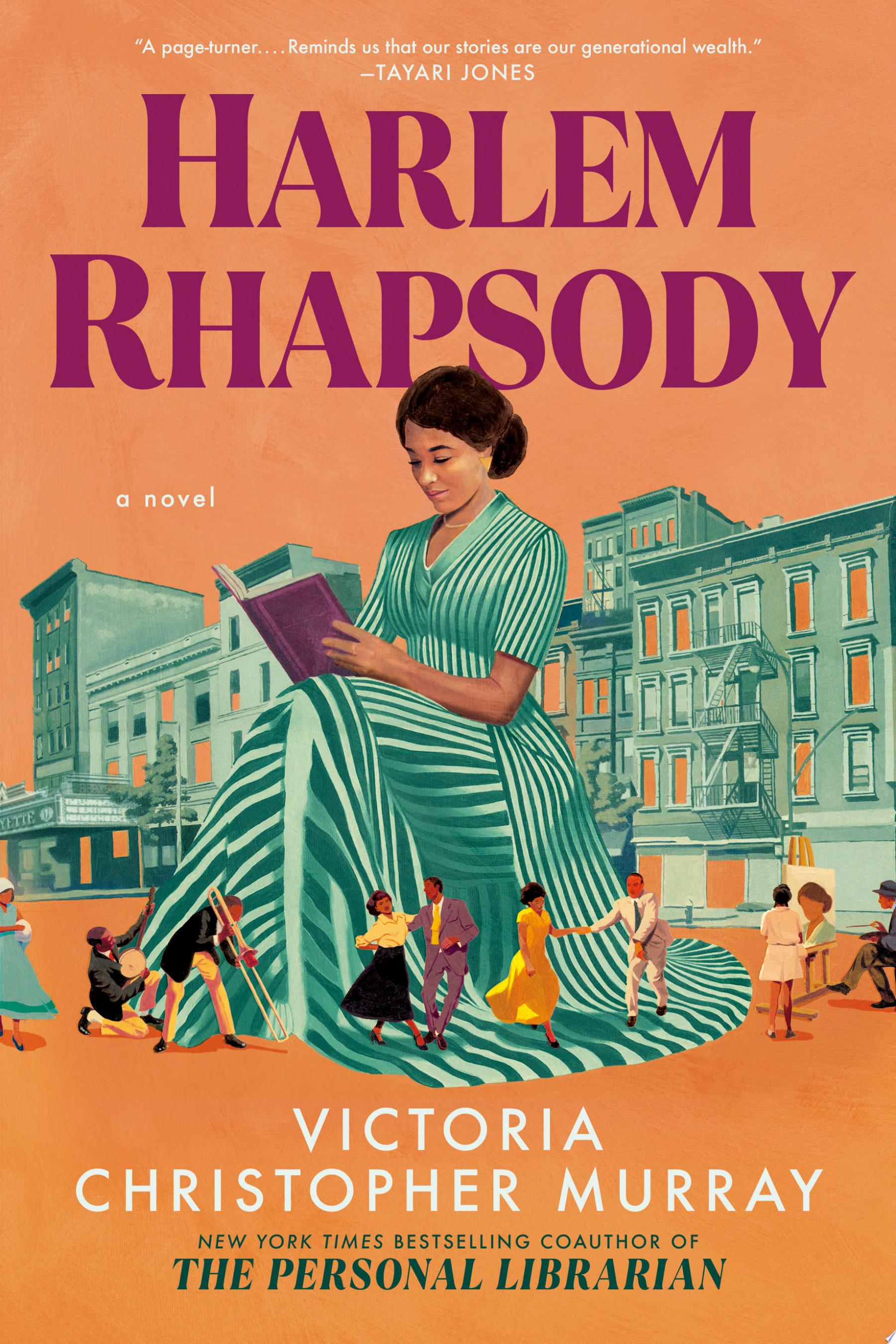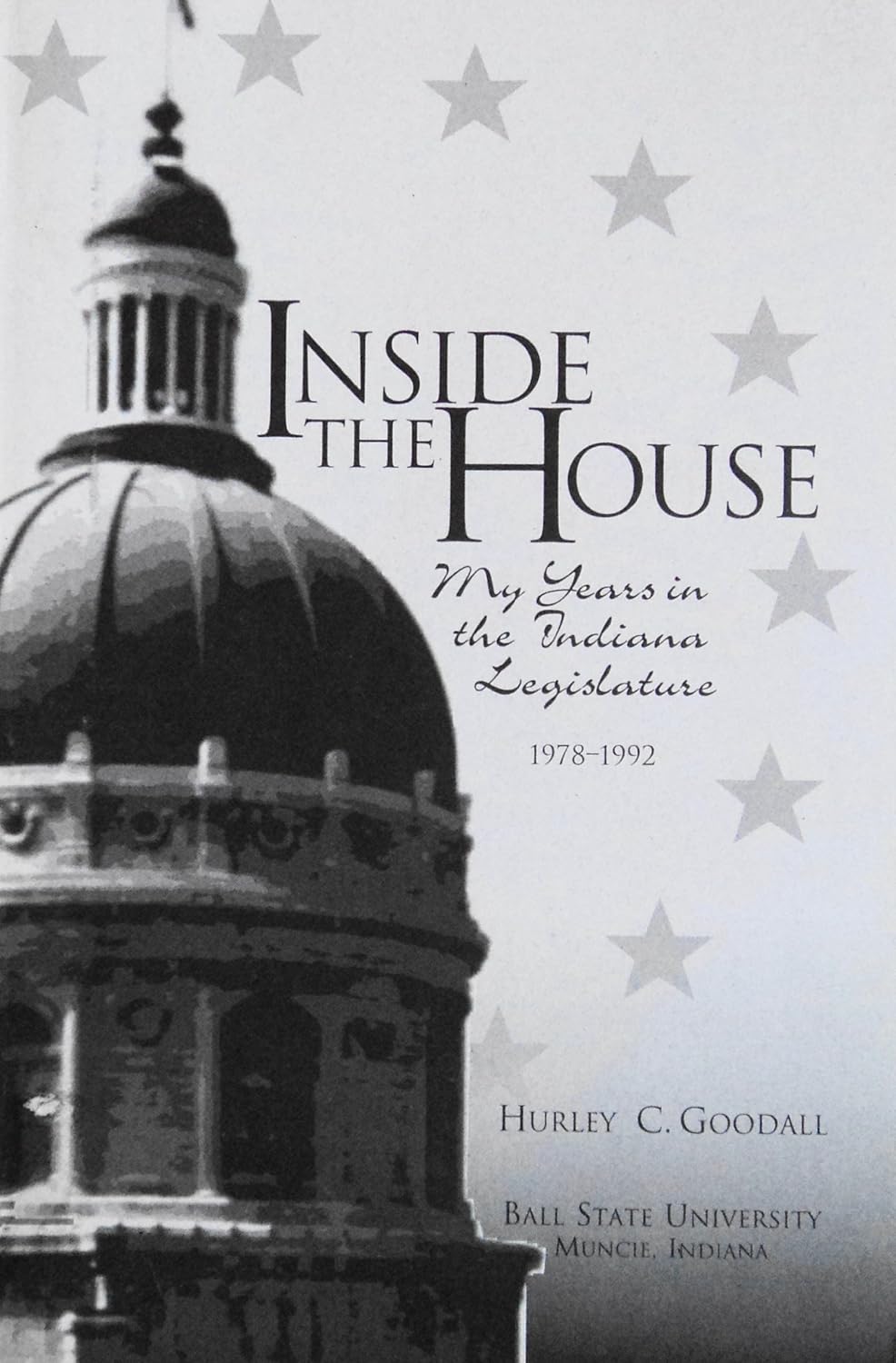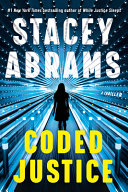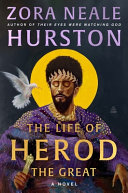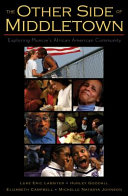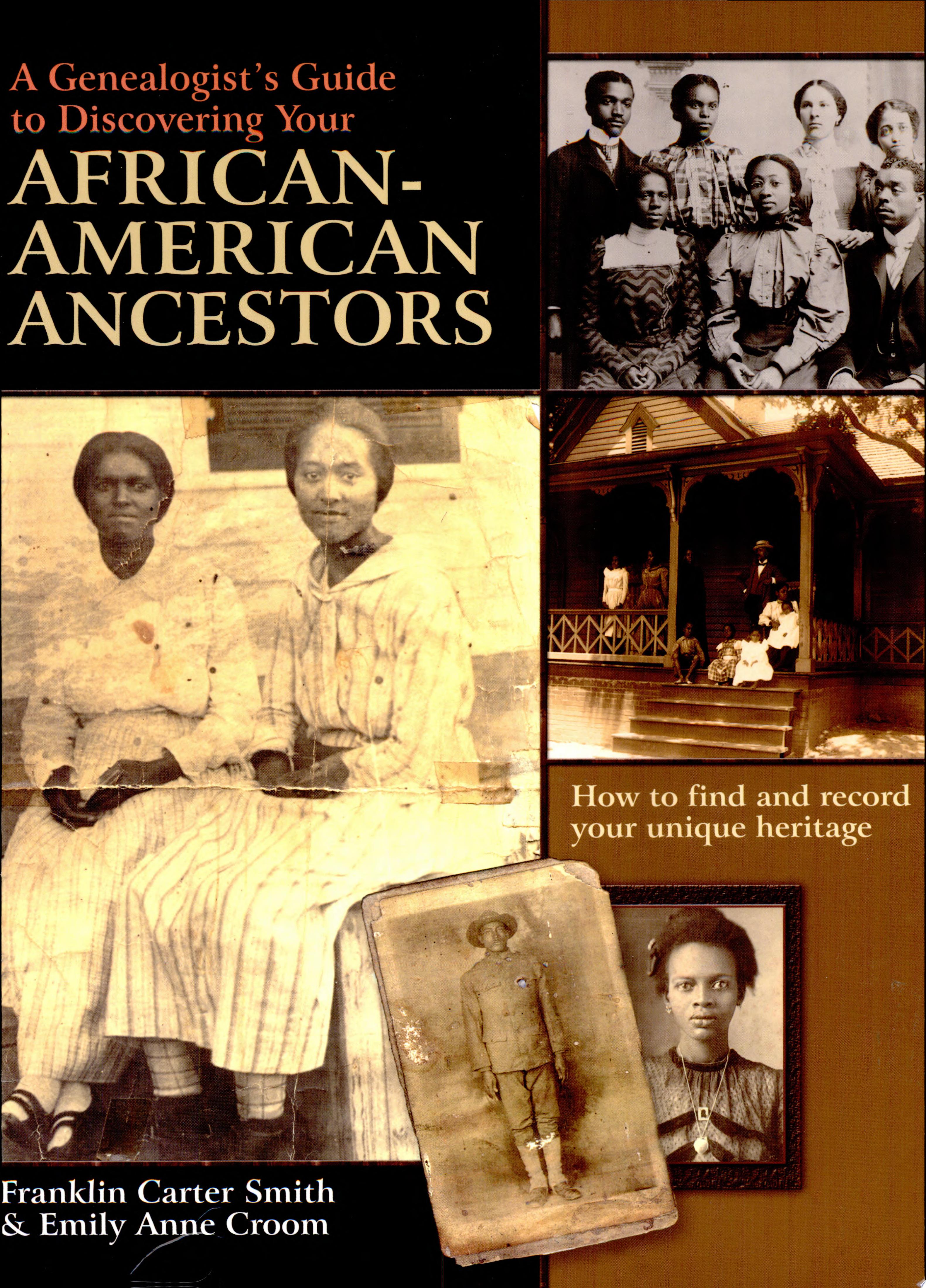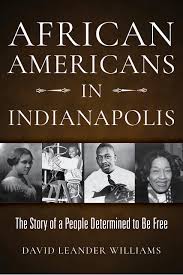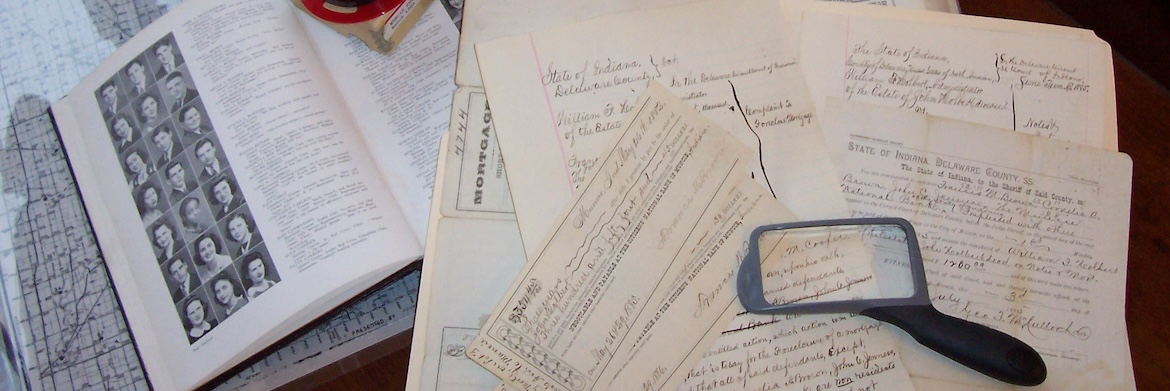
About the Local History & Genealogy Collection
The Local History & Genealogy Collection is housed at the Carnegie Library branch and focuses on documenting the history of Muncie and Delaware County including its peoples, places, and events. Resources include but are not limited to: biographies, birth records, cemetery indexes, city directories, county and local histories, court records, death records, deeds, family files, funeral records, maps, marriage records, newspapers, probate records, school yearbooks, wills, and more. Special collections include: cookbooks, diaries, Indiana literature, manuscripts, photographs, scrapbooks, and other artifacts. The Local History & Genealogy Collection also archives the history of Muncie Public Library.
Muncie/Delaware County Digital Resource Library

Delaware County Court Documents, Wills, Deeds, Obituary Index, Funeral Home Records, and Beech Grove Cemetery Records. Muncie Public Library has been digitizing and hosting this database of Muncie and Delaware County records since the 1990s.
Muncie Public Library Digital Archives

Muncie Public Library's searchable digital archives of special collections of yearbooks, photographs, oral histories, and more. New content added regularly.
Probate Index
Ancestry Library

Genealogy database with billions of records from around the world including birth, marriage, death, census, immigration, military, and more. May only be used within the library.
MyHeritage

Genealogy records from around the world including birth, marriage, death, military, census, and more.
Indiana County Histories (Archives Unbound)
ProQuest Historical Newspapers: Indiana Collection

Search or browse full-page digitized editions of historical Muncie newspapers dating back to 1900 and other Indiana newspapers. Click on “Publications” to view a list of available newspapers.
Newspapers.com Collection: The Muncie Daily Herald: 1892 - 1906

Newspapers.com Collection: Indiana State Library

The Indiana State Library is digitizing its newspaper collection in partnership with Newspapers.com. Indiana residents can get free access to over one million pages by using the link on the INSPIRE homepage.
Hoosier State Chronicles
Research Guides
These guides provide some guidance and links to resources to help you start your research.
Collection Guides
These annotated bibliographies provide some recommended resources on various research topics.


